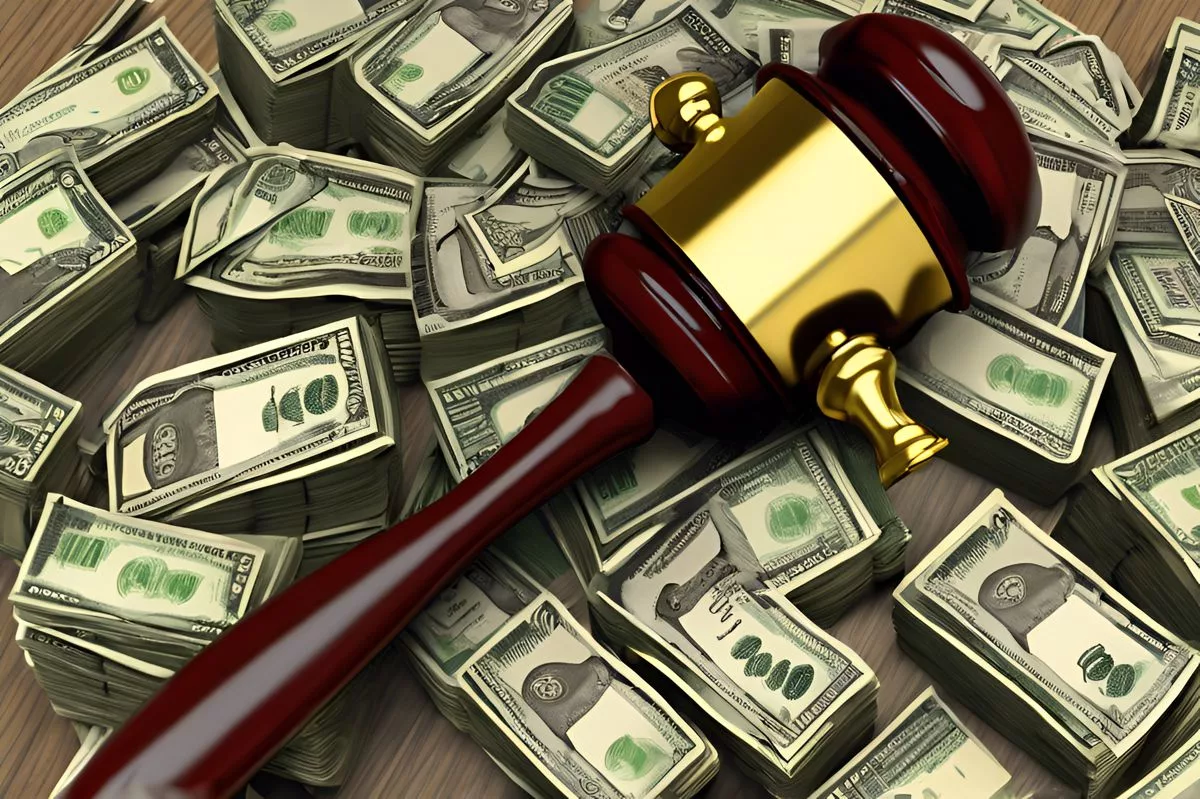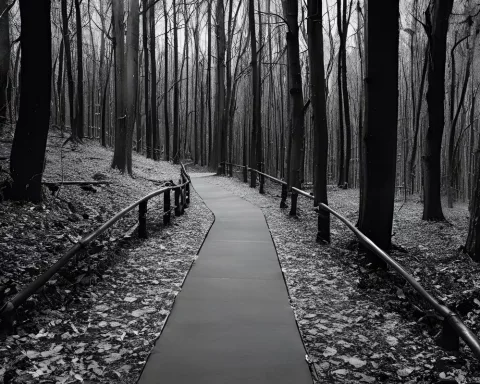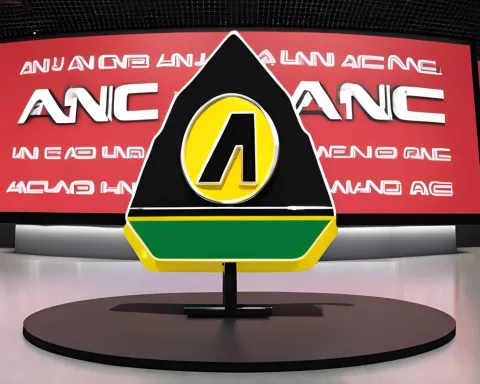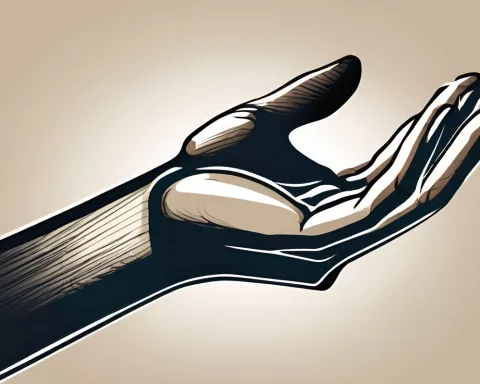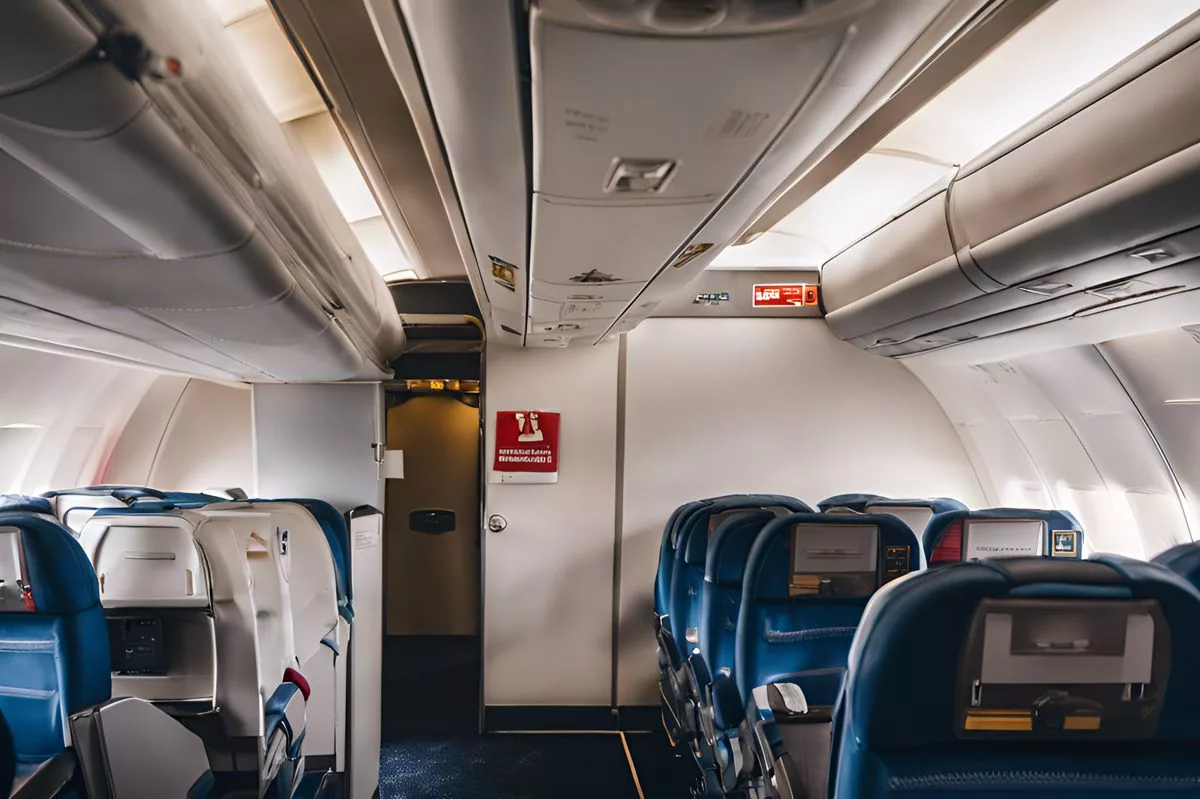Serious corruption charges have been laid against the Speaker of Parliament, Nosiviwe Mapisa-Nqakula, causing turmoil in South African politics. The United Democratic Movement has demanded her arrest, and the Gauteng High Court rejected her application to stop it. Mapisa-Nqakula is accused of taking R4.5 million in bribes from a South African National Defence Force contractor, raising questions about the integrity of top-tier public officials. Other political organizations have also called for her arrest and accountability, and the country waits for her next course of action.
Unrest in South African Politics: Allegations Against Parliament Speaker
South African politics is facing turmoil as serious corruption charges have been laid against the Speaker of Parliament, Nosiviwe Mapisa-Nqakula. The United Democratic Movement (UDM) has demanded her arrest, and the Gauteng High Court in Pretoria rejected her application to stop it. Mapisa-Nqakula is accused of taking R4.5 million in bribes from a South African National Defence Force contractor, raising questions about the integrity of top-tier public officials.
Predicament for Political Landscape
South African politics is currently steeped in apprehension as serious corruption and money laundering charges have been laid against the Speaker of Parliament, Nosiviwe Mapisa-Nqakula. The United Democratic Movement (UDM), along with other national political organizations, has asked Mapisa-Nqakula to turn herself into the police. This event marks an important shift in the landscape of South African politics.
Mapisa-Nqakula is a distinguished persona in South African politics and she stands accused of taking bribes equal to R4.5 million in cash from a South African National Defence Force (SANDF) contractor. The reported incidents, which involve a cash bribe of R2 million delivered to her residence in Bruma, east of Johannesburg, on 6 September 2018, have unsettled the political scenario and have brought into question the honesty of top-tier public officials.
Legal Consequences and Court Verdict
The already charged scenario took a turn for the worse when the Gauteng High Court in Pretoria rejected Mapisa-Nqakula’s application to stop her arrest on 2nd April, Tuesday. Judge Sulet Potterill, who was overseeing the matter, ruled the situation as non-urgent and stated that the court could not anticipate an arrest that was yet to take place.
The UDM has been at the forefront to tackle this issue. The party, in March 2021, wrote a letter to the Joint Standing Committee on Defence to express their concerns about the charges against Mapisa-Nqakula. The UDM leader, General Bantu-Holomisa, recounts being advised to take the allegations to the police. He said, “and here we are waiting for Mapisa-Nqakula to do the right thing.”
Call for Accountability and Demands for Arrest
Holomisa’s statements set the tone for a demand for responsibility, urging Mapisa-Nqakula to surrender herself to the South African Police Service (SAPS) and save the nation the trouble of dealing with the no-confidence motion put forth by the Democratic Alliance (DA). The UDM’s firm position reflects their commitment to transparency and the rule of law, virtues that are vital in any democratic society.
In tune with the UDM, the Economic Freedom Fighters (EFF) have also raised their voices, demanding the immediate arrest of Mapisa-Nqakula. The powerful red berets hold the view that no individual, no matter their rank or perceived significance, should be exempt from the law. They have also urged law enforcement agencies to promptly arrest Mapisa-Nqakula, asserting that they will not stand by while public officials break the trust of the people and tarnish the integrity of democracy.
According to Business Day, Mapisa-Nqakula seems prepared to comply, asserting her readiness to give herself up to the police from Wednesday, 3rd April to facilitate her arrest over the charges made against her. If she follows through on this, it would demonstrate her willingness to confront the charges directly and abide by the rule of law.
Meanwhile, the Acting Speaker of the National Assembly, Lechesa Tsenoli, has accepted the no-confidence motion in Mapisa-Nqakula, although it is unclear when the motion will be heard. The EFF has urged political parties to show their support for accountability and transparency by backing the no-confidence motion in the Speaker. This appeal was followed by confirmation from Parliament, with DA Chief Whip Siviwe Gwarube writing to all parties represented in Parliament, including the ANC, to solicit their support for the motion.
Anticipation and Expectations
As South Africa’s political landscape continues to grapple with these allegations, the country waits for Mapisa-Nqakula’s next course of action. Through this prism, the situation serves as a test of the country’s democratic principles and the accountability of its leaders.
What are the corruption charges against Nosiviwe Mapisa-Nqakula?
Mapisa-Nqakula has been accused of taking R4.5 million in bribes from a South African National Defence Force contractor. The charges raise questions about the integrity of top-tier public officials.
Which political organization demanded Mapisa-Nqakula’s arrest?
The United Democratic Movement (UDM) has demanded Mapisa-Nqakula’s arrest, along with other national political organizations. The UDM has been at the forefront of the issue, urging Mapisa-Nqakula to surrender herself to the South African Police Service (SAPS).
What did the Gauteng High Court verdict say about Mapisa-Nqakula’s arrest application?
The Gauteng High Court in Pretoria rejected Mapisa-Nqakula’s application to stop her arrest. The court ruled the situation as non-urgent and stated that the court could not anticipate an arrest that was yet to take place.
What is the UDM’s stance on the issue?
The UDM’s firm position reflects their commitment to transparency and the rule of law, virtues that are vital in any democratic society. They have demanded Mapisa-Nqakula’s arrest and accountability, and have put forth a no-confidence motion in the Speaker.
What is the EFF’s stance on the issue?
The Economic Freedom Fighters (EFF) have also raised their voices, demanding the immediate arrest of Mapisa-Nqakula. They hold the view that no individual, no matter their rank or perceived significance, should be exempt from the law.
What is the anticipation and expectation regarding Mapisa-Nqakula’s next course of action?
As South Africa’s political landscape continues to grapple with these allegations, the country waits for Mapisa-Nqakula’s next course of action. Through this prism, the situation serves as a test of the country’s democratic principles and the accountability of its leaders. Mapisa-Nqakula has expressed readiness to give herself up to the police to facilitate her arrest over the charges made against her.

